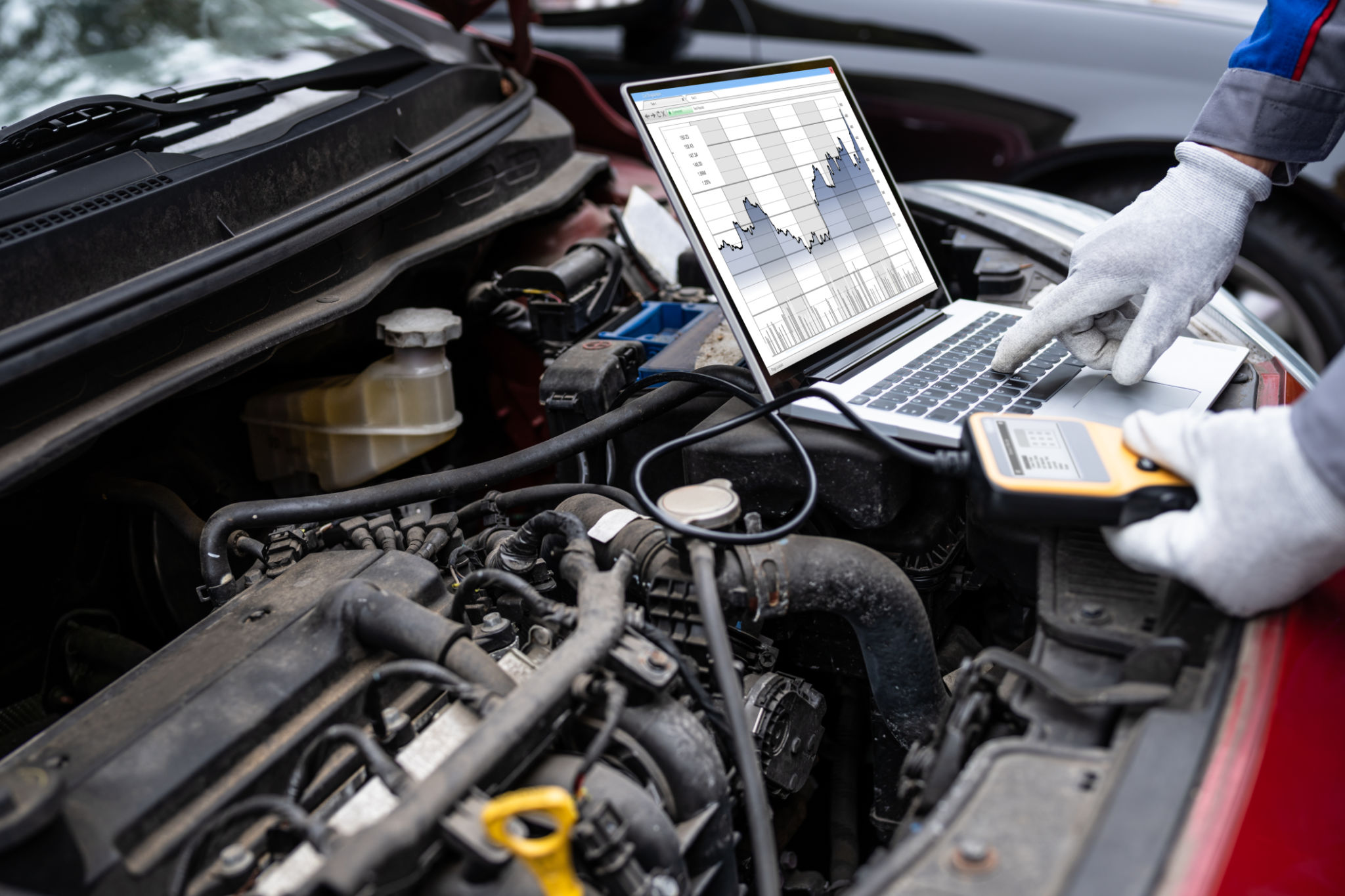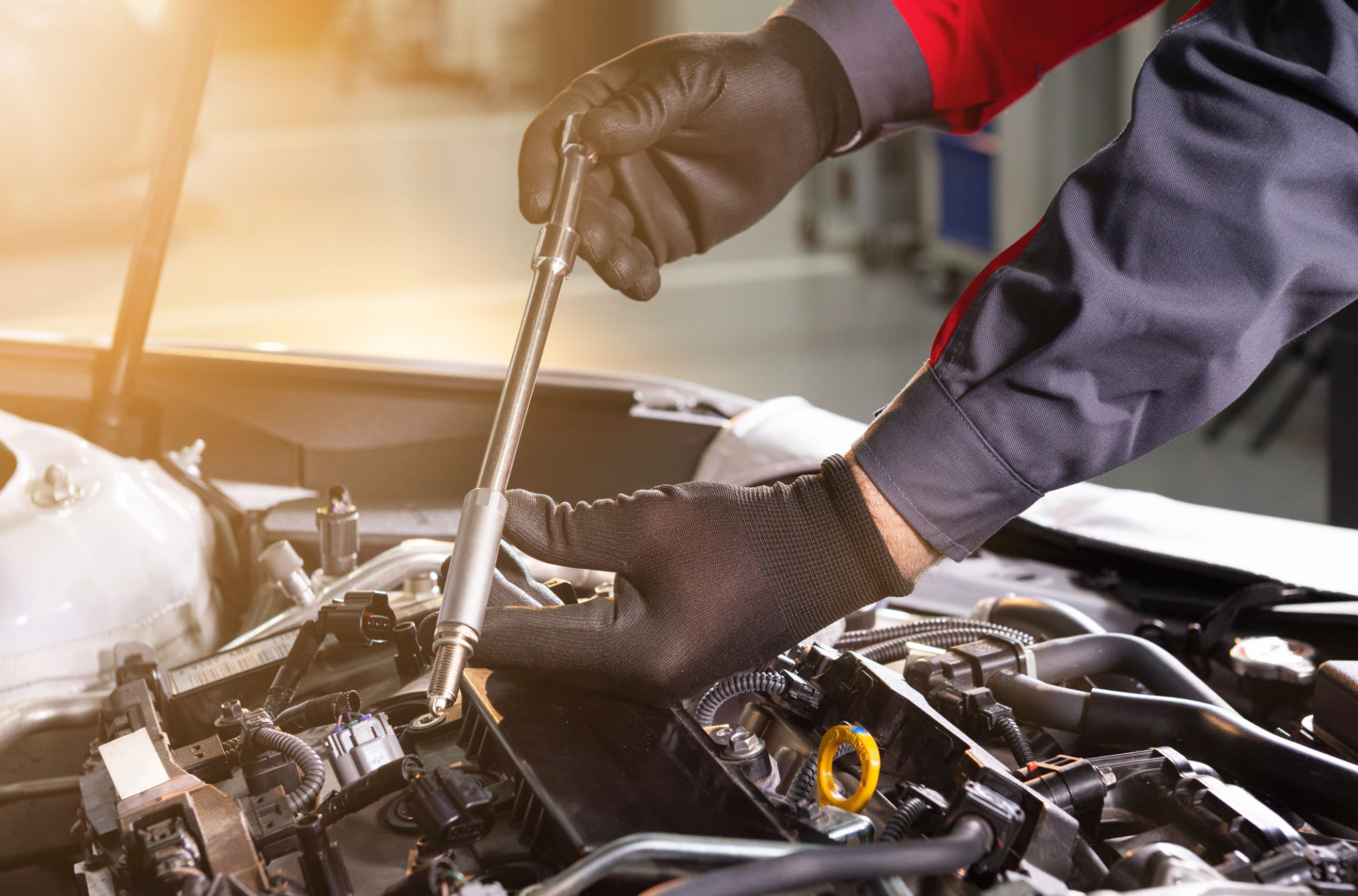The Ultimate Guide to Vehicle Diagnostics: What Raleigh Drivers Need to Know
Understanding Vehicle Diagnostics
As a driver in Raleigh, staying informed about vehicle diagnostics is essential to ensure your car remains in top condition. Vehicle diagnostics are crucial in identifying potential issues early, saving you time and money in the long run. Modern vehicles come equipped with onboard diagnostics (OBD) systems that monitor various components and systems. Learning how to interpret diagnostic codes and understanding their significance can empower you to make informed decisions about car maintenance.

The Role of Onboard Diagnostics (OBD)
The OBD system is a standardized technology in vehicles that helps in monitoring and diagnosing issues. It provides access to the status of various vehicle subsystems and can alert you to problems before they become severe. The OBD system communicates through a series of diagnostic trouble codes (DTCs), which can be read using a diagnostic scanner. Raleigh drivers can benefit from understanding these codes, as they offer insights into potential malfunctions within the vehicle.
Common Diagnostic Trouble Codes
Diagnostic trouble codes are alphanumeric codes that pinpoint specific issues within your vehicle. Here are a few common DTCs that Raleigh drivers might encounter:
- P0300: Random/Multiple Cylinder Misfire Detected
- P0420: Catalyst System Efficiency Below Threshold
- P0171: System Too Lean (Bank 1)
Understanding these codes can help you communicate effectively with your mechanic and ensure timely repairs.

Choosing the Right Diagnostic Tools
Investing in a quality diagnostic tool can be beneficial for Raleigh drivers who prefer a hands-on approach to vehicle maintenance. These tools range from basic code readers to advanced scanners that provide detailed information about your car's performance. When selecting a diagnostic tool, consider factors such as compatibility with your vehicle, ease of use, and additional features like live data streaming and code definitions.
The Importance of Regular Maintenance
While diagnostics play a vital role in maintaining your vehicle's health, regular maintenance should not be overlooked. Routine checks and services can prevent many issues from arising in the first place. Key maintenance tasks include:
- Regular oil changes
- Tire rotations and alignments
- Brake inspections
- Fluid level checks
By adhering to a regular maintenance schedule, you can ensure your vehicle runs smoothly and efficiently.

Finding Reliable Repair Services in Raleigh
When it comes to addressing diagnostics or repair needs, finding a reliable automotive service provider in Raleigh is crucial. Look for repair shops with certified technicians who have experience with your car's make and model. Reading reviews and seeking recommendations from friends or family can also help you find a trustworthy mechanic who will provide quality service at a fair price.
Staying Informed and Prepared
Keeping yourself informed about vehicle diagnostics not only enhances your knowledge but also prepares you for any unexpected issues on the road. Familiarize yourself with your vehicle's owner manual, which typically contains valuable information about the OBD system and maintenance schedules. This knowledge equips you to handle minor issues independently or work effectively with professionals for more complex problems.
In conclusion, understanding vehicle diagnostics is an invaluable skill for Raleigh drivers. By investing time in learning about OBD systems, diagnostic tools, and maintenance practices, you can ensure your vehicle remains reliable and safe on the road. Stay proactive, informed, and connected with trusted automotive professionals to keep your car running smoothly for years to come.
